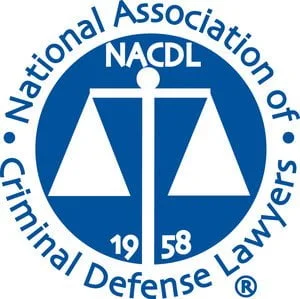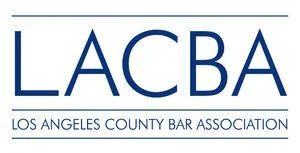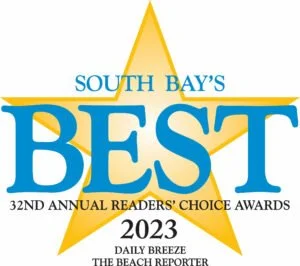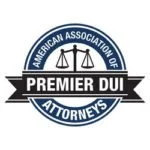Civil demand letters: what should you do if you get one?
A civil demand is an often intimidating letter sent by a law firm or other company, demanding payment for an allegedly wrongful act. This payment is referred to as a “civil recovery.”
A civil demand letter commonly results from accusations of shoplifting. Often, police are not called, and instead, the individual is interviewed by store security. A few days to a few weeks later, a letter arrives in the mail demanding payment for the costs incurred by the store. California law permits merchants to demand up to $500 from a shoplifter, regardless of the price of the item(s) they are accused of trying to steal.
If you, a family member, or your child receives a such a letter, what should you do?
Shoplifting might not seem like a big deal to someone who pilfers small items every now and then – or even to the more seasoned crook – but the fact remains that retailers throughout California lose millions of dollars each year at the hands of thieves. So when someone gets caught shoplifting, merchants will not only try to recover any stolen items, but frequently will also seek compensation to cover their damages.
This is frequently accomplished by a so-called civil demand letter, an intimidating letter sent by a law firm or the store itself, demanding payment from the person accused of shoplifting. This payment is referred to as a “civil recovery.”
According to California Penal Code 490.5, a merchant is permitted to demand up to $500 from a shoplifter, even if the item they stole was of nominal value – such as a $10 tube of lipstick or a $2 candy bar. In addition to the $500, the accused shoplifter is usually asked to pay the cost of the filing fee (about $30) and the price of the item(s) they are accused of stealing. As such, a pack of gum that someone slipped into their pocket and forgot to pay for could end up costing them $532.
What should you do if you receive a civil demand letter for shoplifting?
First of all, it’s important to understand that even if you make the payment demanded in such a letter, that does not prevent the merchant from pursuing further criminal or civil action against you or your child. The letter does not take the place of a lawsuit, nor does paying the fee make you immune from criminal charges. In other words, even after the money is paid, it doesn’t necessarily mean that the situation is resolved.
If you get a civil demand letter and you have the funds available to cover the payment, you’ll probably be tempted to write a check. But most lawyers agree that this isn’t the best way to proceed. Making the payment is admitting that you or your child did something wrong.
Instead, you should consult an attorney, who can potentially negotiate a lower payment and more importantly, work to reduce or eliminate the risk of additional criminal charges and/or a lawsuit by the merchant. It’s important to seek the advice of a lawyer quickly, before you are targeted with additional letters or other action.
Piracy-related civil demand letters
Shoplifters aren’t the only ones that receive civil demand letters. Another category of people who often receive these letters are individuals who download copyrighted movies, music, or videos, usually from a peer-to-peer network or a piracy-oriented file-sharing web site. Downloading these works without paying the copyright holders is a violation of civil and criminal law.
The prevalence of online piracy has given rise to technology companies that specialize in helping movie studios and record companies enforce their copyrights. These companies identify illegal downloaders and send civil demand letters in an effort to collect payment from them.
These letters should be taken very seriously. These companies can be very aggressive and in many cases, will file lawsuits to collect payment. Copyright litigation is expensive and can end up costing a large sum of money; the damages you are required to pay can be as much as $30,000 per work. In other words, if you or your child downloads an album with eight songs, the penalty could be as high as $240,000, plus attorney’s fees and court costs. In some cases, courts have levied even higher penalties.
If you receive a piracy-related civil demand letter, it is best to consult with an attorney as soon as possible. As with shoplifting-related civil demand letters, an attorney can often negotiate a lower fee, and work to protect you from additional criminal or civil penalties.









